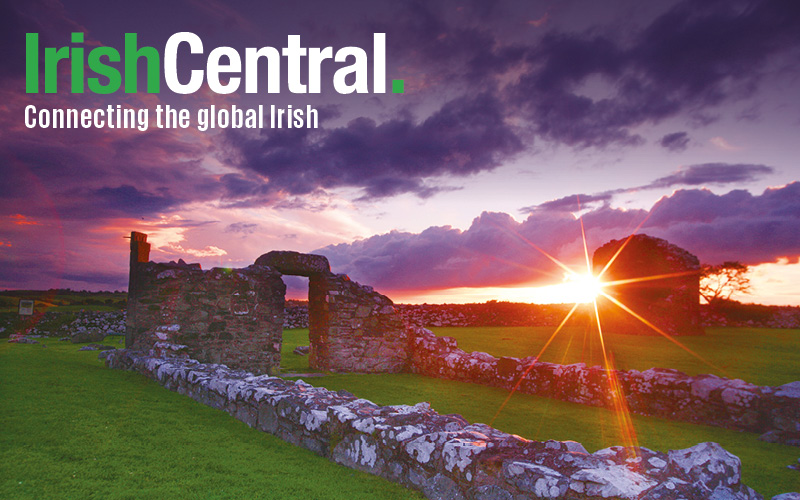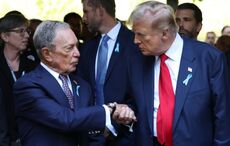Ireland's government posted a document on virtual currencies and blockchain technologies, what Ireland can offer and how we can benefit.
Last week, the Irish Government posted a document on virtual currencies and blockchain technologies. Published by Pascal Donohoe (TD) and minister for Finance and Public Expenditure & Reform, he also announced the creation of an internal working group to monitor developments in the area.
It was very pro blockchain and the opportunities it offers Ireland.
I also interviewed Chris O'Dea, CEO of Irish ICO Living Offset on what he feels Ireland can offer the world and he said "There is no doubt, in my opinion, that there is going to be a massive shift over the next few years to blockchain, and particularly as a form of funding for business via Token issuance. The country that puts the correct framework in place will benefit from this."
Read more here...
Explain your journey to blockchain?
My personal journey! I have been an interested observer in Bitcoin for many years, but I did not have the courage or foresight to invest any money in BTC or other crypto assets. Many a lost opportunity in the past 5 years.
But the journey to using blockchain technology came about because, along with the co-founders of LivingOffset we came up with a marketplace where all society’s stakeholders can interact together and maintain their carbon footprints. Assuming we get a moderate uptake in our business, this will involve a multitude of micro transactions that our system will record and ledger. Hundreds, maybe thousands, of transactions per second; blockchain tech (and yes maybe hashgraph) allows us to create the ledger in a cost efficient way, thereby enabling the marketplace ecosystem to be created.
What appeals to you about blockchain?
Several things make blockchain appealing to me on a personal and business level. Personally, take Bitcoin as an example; I like the idea of a crypto currency that has limited supply. The value of FIAT currencies has been eroded and manipulated since the Federal Reserve first started issuing sovereign debt, so the idea of a currency that cannot have any further issuance (ie BTC) is very interesting; allied to that, I learnt recently that, legally speaking, the money in my bank account does not belong to me but to the bank. Whereas with crypto assets, the asset, be it a currency or a security is owned by the title holder not some agent institution – that has to be appealing to every person no matter what their financial status is.
From LivingOffset’s perspective it is the immutability of the blockchain that makes using the technology appealing. If, in fact, when we get traction in our system we will be processing many thousands of transactions per second. To do this manually would require large staff numbers and prove to be unwieldy and unmanageable, however blockchain technology makes managing these processes possible in a cost effective way. There are some hurdles to overcome in terms of the number of transactions per second Ethereum can process but there are solutions for this currently and more solutions being created.
Why is Blockchain important?
I think Blockchain is important because of the transparency it brings. The fact that most crypto assets or currencies have public networks where there is peer review, or indeed policing, is an incredibly powerful protocol. It creates an environment where participants can trust the network and consequently their peers because any action that does not comply to the rules of the network will be highlighted. So systems that are trusted by the participants can bring a new era of confidence in the veracity of the network the particular blockchain relates to. I believe the adoption of blockchain will also distribute the assets related to that blockchain more evenly because of the combination of transparency and peer review. It will over time dilute the power of silos of a small number of “experts” that create mystique and therefore inflate their value, this will create a more even distribution of the value for said expertise – blockchain will apply this across all fields of all skillsets over time- effectively an Uber or Airbnb for all aspects of economic activity underpinned by the trinity of transparency, peer review and smart contracts.
What can blockchain do for Ireland ... for the World.?
I think the why is blockchain important question answers this question. Irish people, by their nature, are inventive, innovative and creative people. So blockchain and its adoption is a space that we will excel in. As a country, it should be adopted into the curriculum at school level. Coding and blockchain are an integral part of everything we interact with. If anything it will become even more a part of it – who would have thought that people would pay to watch a stream of someone playing a playstation game – and yet reportedly the hottest star of the game Fortnight earns $500k per month from watchers of his gameplay. That of course is not coding or blockchain but it demonstrates how the world is changing and digitalising. That it is not part of the school curriculum in Ireland is a grave error and should be rectified, but the wheels of government are likely to move far too slowly to adapt to this new digital world.
What does Ireland Inc need to do to be a blockchain star?
Ireland needs to embrace blockchain assets and create an environment where these assets can thrive and grow. Other countries are accepting that there is a new asset class – digital assets, be the crypto currencies (ie utility coins) or crypto tokens (digital security assets) – Ireland Inc do not appear to have recognised this shift and will lose out to more progressive countries like Switzerland. There is no doubt, in my opinion, that there is going to be a massive shift over the next few years to blockchain, and particularly as a form of funding for business via Token issuance. The country that puts the correct framework in place will benefit from this. The correct framework has to work for all stakeholders and currently, probably because of fallout from the 2007 financial crisis, that framework is skewed towards a very defensive and regressive position. If Ireland does not address this, it will lose out to other jurisdictions as a location for this new asset
Thank you Chris for your time
This article was submitted to the IrishCentral contributors network by a member of the global Irish community. To become an IrishCentral contributor click here.




Comments